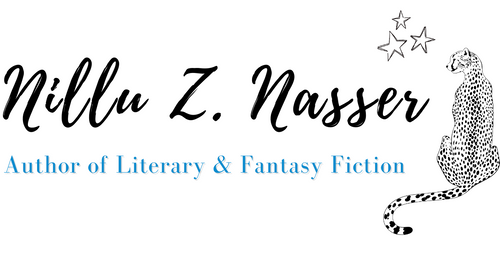
Photo by Nick Kenrick
This week, I missed my grandmother’s touch. I didn’t hug my mum or kiss my dad’s cheek. I didn’t invite my auntie to come in for a cup of tea. I didn’t lean in to touch a friend who is hurting. I didn’t visit grieving family friends.
Have we ever needed the solace of touch more? Especially those who live alone. The grief and anxiety has been overwhelming in this pandemic year. Pockets of love and loneliness that we do nothing about, in case we are unwitting transmitters of the virus.
How long does it take to change a lifetime of habits? We’ve learned how to greet family and friends at a distance. Whereas once I’d take an instinctive step closer, lay a hand on an arm or on a cheek, or lean in with affection, now I step back, gauge the distance with a wary eye, brace for impact if someone forgets themselves or oversteps the mark. We’ve learned how to communicate though masks cover half our faces. We sift through the remaining clues for orientation: the expression of the eyes or a slump in posture.
We can find replacement for touch in the short term. Technology, for example. There’s telephones and video calls, cards and freshly baked bread, cupcakes made by the children, reams of art, and smiles through windows. There’s meeting in public areas, if that’s allowed. But it’s not the same. Skin is our largest organ, don’t you know?
It’s not the same as young hands on old skin, or old hands on young skin, or wiping a crumb from someone’s face because you love them, or pulling them into the crook of your arm because they said something silly or clever or kind or sad. Not the same as peering over the shoulder of your mum at the stove or holding your friend’s new baby. Not the same as welcoming neighbourhood kids into your house or the glow of friendship in a drunken haze, when you tumble into each other and speak your truth. Not the same mourning lost lives without murmuring words in the ear of those left behind or letting them cry into your shoulder. A myriad of touches sucked into a vacuum overnight.
It still feels surreal, and I am glad of that. Glad that the horror of disease is hard to grasp, that our brains dilute what we read, that we cling to optimism. As much as optimism damns us, how can we live without it?
One day, it will be normal again for strangers to kiss in a bar and children to pile into the backseat of soccer mum’s car. It will be normal for loved ones to land unexpectedly on the doorstep and to rush inside, unbidden, to sprawl on our sofas and at our sides, millimetres between us.
Just hold on.
